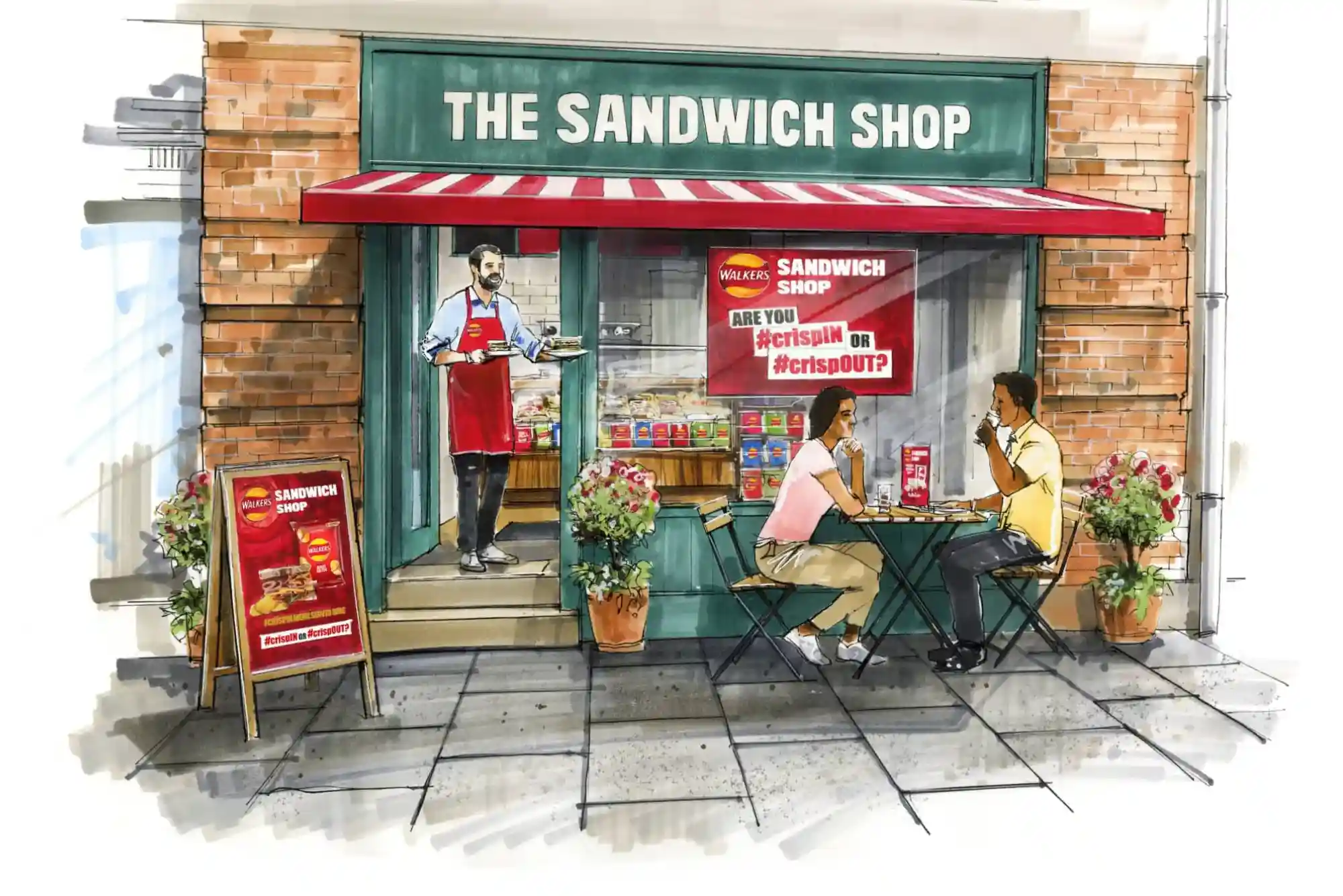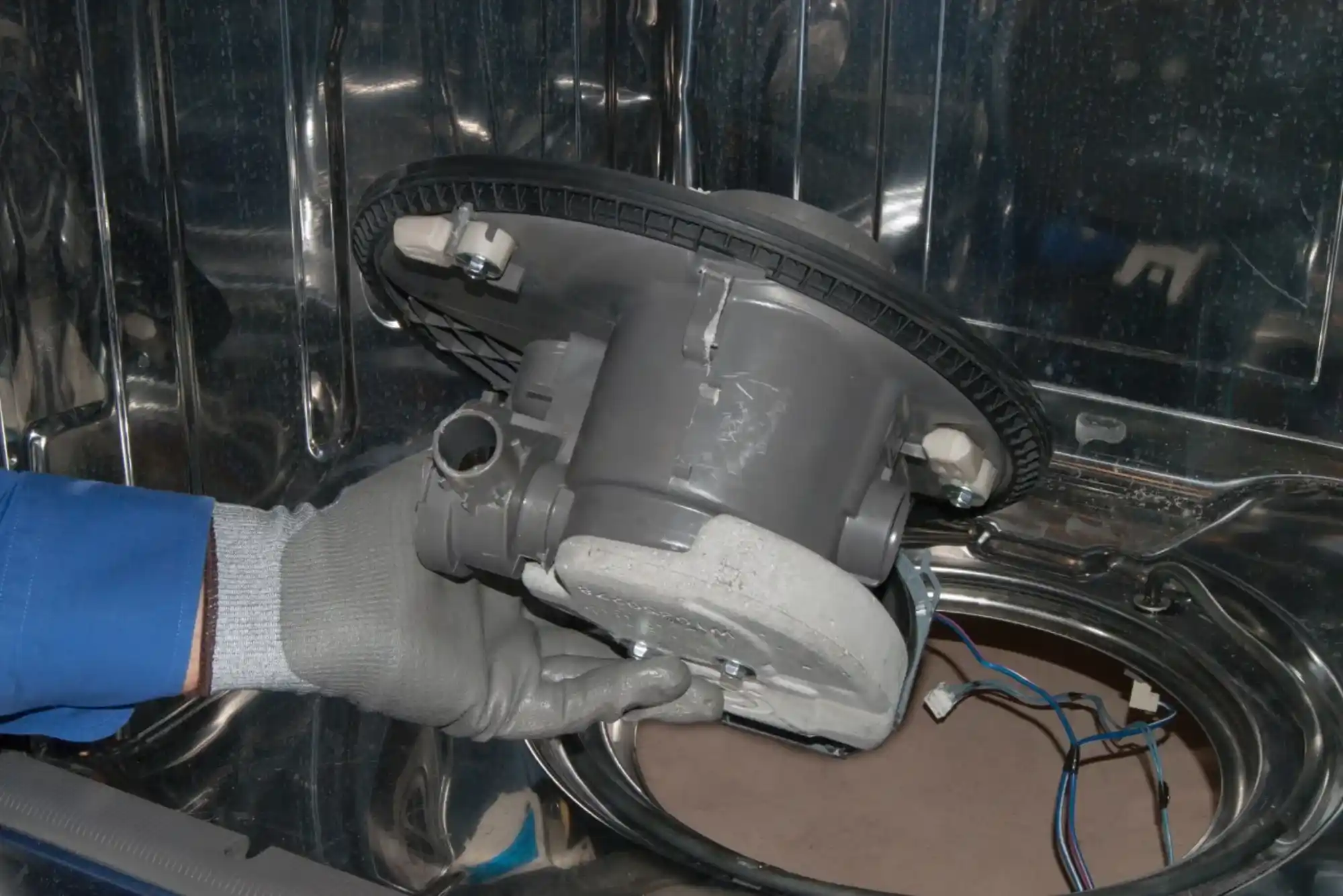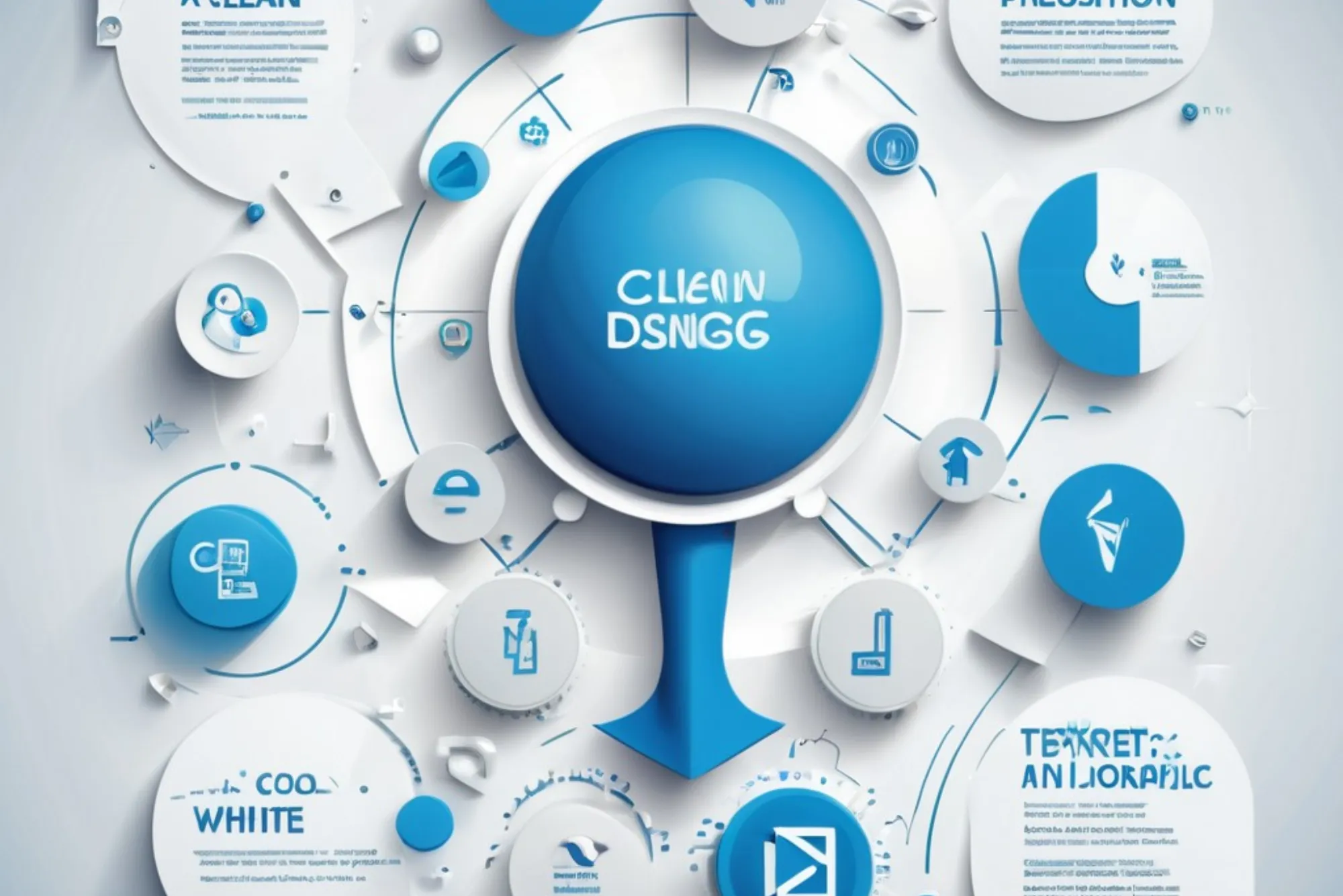In any project, milestones act as crucial checkpoints that mark key stages in the journey toward completion. Whether you’re managing software development, marketing campaigns, or construction projects, tracking milestones helps teams stay aligned, motivated, and accountable. But can you effectively track these milestones using a project management CRM? The short answer is yes—many modern CRMs now incorporate robust project tracking features, including milestone management.
This article explores how milestone tracking works within a project management CRM, the benefits it offers, and how to choose the right tool for your team’s needs.
What Are Milestones in Project Management?
Milestones are predefined points in a project timeline that signify important achievements or the completion of critical tasks. Unlike individual tasks, which may vary in scope and duration, milestones represent high-level goals such as:
-
Project kickoff
-
Completion of a major deliverable
-
Approval from a stakeholder
-
Transition to a new project phase
-
Final project delivery
Milestones help break complex projects into manageable stages and provide a reference for measuring progress and success.
The Role of CRM in Project Management
Traditionally, CRM (Customer Relationship Management) systems focused on managing contacts, sales pipelines, and customer communication. However, as teams became more integrated and customer expectations grew, many CRM platforms expanded to include project management features. Enter the project management CRM—a hybrid tool that merges client data with project execution capabilities.
By using a CRM that includes project management, teams can not only track sales and customer interactions but also oversee the entire project lifecycle, from onboarding to delivery.
Tracking Milestones in a Project Management CRM
1. Centralized Visibility
A project management CRM allows you to track milestones directly within the context of your client or deal record. This means all relevant information—project status, client communication, deliverables, and key dates—are stored in one centralized location. Teams no longer have to switch between tools to check milestone status or update stakeholders.
2. Timeline and Gantt Chart Views
Most project management CRMs provide visual tools like Gantt charts, calendars, or timeline views. These visualizations make it easy to:
-
See how milestones align with project phases
-
Identify dependencies between tasks and milestones
-
Forecast delays or resource constraints
Users can drag and drop tasks to adjust timelines and instantly see how changes impact milestones and deadlines.
3. Automated Notifications and Reminders
Milestone tracking in a CRM often includes automation features that notify users as key dates approach. You can configure alerts to:
-
Remind team members about upcoming deliverables
-
Notify stakeholders when milestones are reached
-
Trigger follow-up actions such as surveys or invoices
This keeps the entire team informed and proactive without manual follow-ups.
4. Progress Monitoring and Reporting
With a project management CRM, you can generate reports that show milestone completion rates, overdue milestones, or performance metrics across multiple projects. These insights help managers:
-
Track team productivity
-
Identify recurring delays
-
Adjust planning and resourcing accordingly
Custom dashboards often provide real-time updates on milestone progress, ensuring everyone has access to the same information.
5. Integration with Task Management
In many CRMs, milestones are tied to underlying tasks. For example, completing a specific number of tasks may automatically mark a milestone as completed. This integration helps:
-
Maintain consistency between daily work and strategic goals
-
Prevent manual errors in milestone status updates
-
Keep teams aligned on what matters most
Benefits of Milestone Tracking in a CRM
Improved Accountability
Milestones establish clear ownership and expectations. When each milestone is assigned to a specific team member and tracked within the CRM, it becomes easier to hold individuals and teams accountable for progress.
Enhanced Client Communication
Clients often want updates on where a project stands. With milestone tracking built into the CRM, client-facing teams can quickly access the project’s current phase and provide accurate updates without consulting the project manager.
Efficient Project Review
At the end of a project, milestones provide a roadmap of what was achieved and when. This historical data can be used for performance reviews, client reports, or internal debriefs to improve future project planning.
Scalability Across Projects
If your team manages multiple projects simultaneously, using a CRM to track milestones ensures a consistent approach. Project templates and workflows can be reused, making it easier to onboard new clients and scale operations.
How to Choose the Right Project Management CRM for Milestone Tracking
Not all CRMs are created equal when it comes to project management capabilities. When selecting a CRM that supports milestone tracking, look for features like:
-
Customizable Milestone Fields: Ability to define milestone types, statuses, and deadlines.
-
Visual Project Timelines: Tools like Gantt charts or Kanban boards to visualize progress.
-
Task Linking and Dependencies: To automate milestone status updates.
-
Automated Notifications: For due dates and milestone completions.
-
Reporting and Dashboards: Real-time visibility across teams and projects.
-
Integration Options: Compatibility with your existing tools (Slack, Google Workspace, etc.)
Popular options that combine CRM and project management functionality include HubSpot, Zoho Projects, Monday.com, and ClickUp.
Final Thoughts
Tracking milestones is essential to successful project delivery, and using a project management CRM makes the process more efficient, transparent, and scalable. By consolidating customer data, project workflows, and milestone tracking into a single platform, teams can improve collaboration, client satisfaction, and overall productivity.
Whether you’re a small agency, an enterprise team, or a freelancer managing multiple client projects, leveraging milestone tracking through a CRM helps keep your projects on schedule and your stakeholders informed.





















